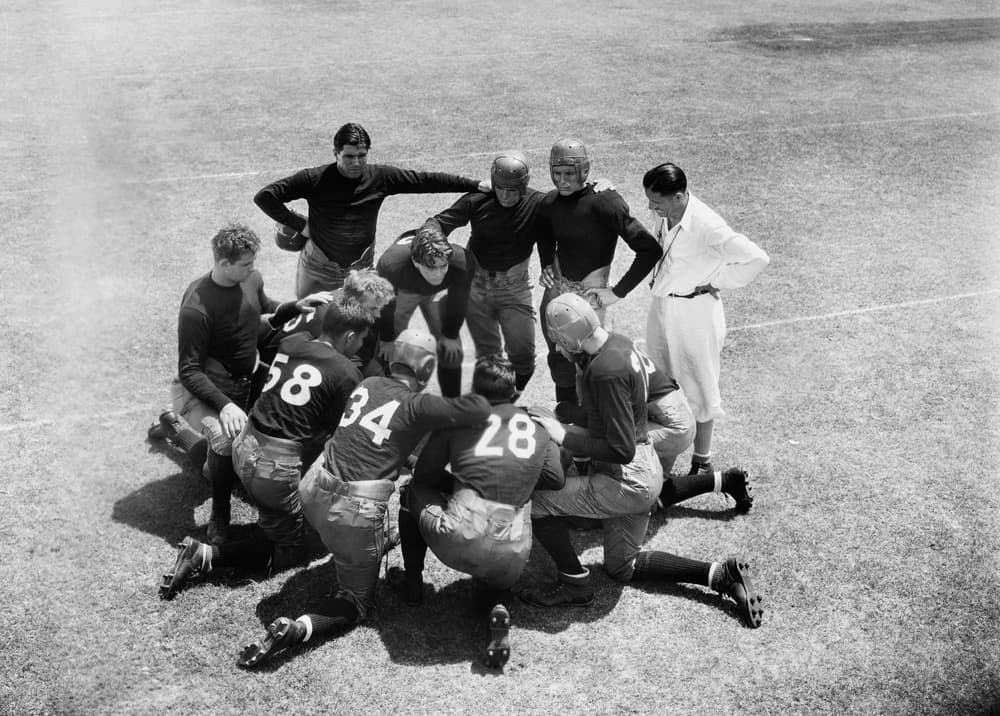
So, what will you see during your visit to the claims office?
1-The phone rings constantly
The typical workers comp adjuster has 100 to 125 indemnity files, depending on the jurisdiction and the experience level of the adjuster. Each of those 100 to 125 files has a claimant, one or more medical providers, and an employer. That alone makes for 300 to 375 plus potential parties that will want to speak with the adjuster. On top of that you have plaintiff attorneys, defense attorneys, triage nurses, nurse case managers, surveillance companies and state work comp boards that may call the adjuster. On a slow day the adjuster may only spend half of her time on the telephone.
Click Link to Access Free PDF Download
“How Do I Get My Adjusters To Follow My Account Handling Instructions?”
2-The e-mails come in fast
In this day where everyone expects instant service, the use of e-mail to convey messages and documents has surpassed paper mail. With attorneys, employers, employees and nurse case managers sending information by e-mail, it is normal for the adjuster to get 50 to 100 e-mails per day. While many of them can be copied right into the claim file, a significant portion of them require a response or other action by the adjuster.
3-The paper mail is voluminous
While the amount of paper mail has declined over the years, a two inch or five inch stack of new mail to be reviewed each day by the adjuster is still the norm. The mail has to be evaluated and the appropriate response taken on each piece of mail. Sometimes the response is only to send it to be scanned into the electronic file, but often a written reply or a phone call is needed.
Included in the paper mail are the faxes that come in each day. While most attorneys and employers are transmitting documents via e-mail, most medical providers are still using paper forms, paper bills and paper reports. These items are often easier for the medical offices to transmit by fax than by e-mail, so receiving numerous faxes each day add to the paper mail stack.
4-The consultations are frequent
A major portion of those telephone calls mentioned above are for the purpose of making decisions on what to do. The adjuster will often gather information by consulting with others. The adjuster will discuss the claim with the nurse case manager, the defense attorney, the employer, and other sources to make a judgment on the best course of action on a particular claim.
When the adjuster is not on the phone discussing a claim or reading the e-mails or reading the paper mail including faxes, the adjuster will often enter into consultations within the claims office. The adjuster will confer either with her supervisor or fellow adjusters on various aspects of a particular claim to gain insight or opinions of other claim professionals that have dealt with a particular situation or set of facts.
5-The decisions are major
The primary reason the adjuster enters into the consultations noted above is because the decisions the adjuster makes can have an impact on the life of the injured employee and all of the decisions have a financial impact on the employer. If the adjuster makes the wrong decision, either the employee or the employer or both will be hurt financially.
6-The appreciation is missing
While you are sitting there observing what the adjuster does all day, you will notice that the adjuster’s job often benefits both the employee and the employer. But it is the rare employer or even the rarer injured employee who expresses any appreciation for the work the adjuster does on the work comp claims. The most the adjuster hopes for is the claims supervisor will say “good job” when the claim is concluded.
7-The adjusters best practices
While the adjuster is in constant modes of communication as noted above, the adjuster has a set of job requirements that have to be met.
- Making contact with the employee, the employer and the medical provider on every new claim
- Responding to all the communications noted above in a timely manner
- Setting and maintaining accurate reserves on all of the assigned files
- Making sure all indemnity payments are made timely
- Making sure all medical bills are paid
- Keeping in touch with the employees, the employers and the medical providers on a regular basis
- 7. Submitting the appropriate forms to the state work comp boards/industrial commissions
- Identifying fraudulent claims
- Pursuing subrogation when a third party is the cause of the employee’s injury
- Attending mediations, either in person or by phone
- Evaluating settlement opportunities and decisions
If you sit chair side by the adjuster, do not count on the adjuster having any time for chit chat, so just observe. They will have planned for your visit, and will have time to show you through your files. As you can see from the above the adjuster’s job fills the entire day, and then some. If you do sit and observe what the adjuster does all day, you will probably leave amazed at the dedication and hard work of the work comp adjusters.
Author Rebecca Shafer, JD, President of Amaxx Risks Solutions, Inc. is a national expert in the field of workers compensation. She is a writer, speaker, and website publisher. Her expertise is working with employers to reduce workers compensation costs, and her clients include airlines, healthcare, printing/publishing, pharmaceuticals, retail, hospitality, and manufacturing. She is the author of the #1 selling book on cost containment, Manage Your Workers Compensation: Reduce Costs 20-50%
Do not use this information without independent verification. All state laws vary. You should consult with your insurance broker or agent about workers comp issues.
©2011 Amaxx Risk Solutions, Inc. All rights reserved under International Copyright Law. If you would like permission to reprint this material, contact us
















This article may get empathy from other adjusters that work in the field, but as an injured worker who has been jerked around by workman’s comp, with a pretty common rotator cuff injury,…. I’m on my 7th adjuster now and 5 months into an injury that should have been taken care of within the first couple of months. I have no empathy. I advise anyone that has to deal with workman’s comp that you speak with an attorney before you deal with the insurance adjuter. Adjusters are not your best friend nor in it for your best interest. They work for a corporation that is only in it for their own bottom line and contracted to save the state money. It is the nature of the beast. To say otherwise is poppycock. If you go into this field, don’t fool yourself that you are the knight in shining armor. You are just another cog in the corporate wheel helping maximize profits at the expense of injured people. If you want to sell your soul or like treating injured people like they are an enemy, by definition of company policy, then go for it.
My husband been off from since August the 21.we have his adjuster over 10 calls to see about his benefits.no answer no call back.We have no other income at the moment.the workman comp doctor said that he will be la little longer due too accident.staple was removed out of his head yesterday.still wearing a neck brace.so it 2 more wk off from work
I have been working in the medical field for over 17 years in a workers compensation clinic. I know the medical terminology very well and the meaning for the words – MMI, IME, FCE, the authorization required for a specialist , therapy, 2nd opinion . the meaning for a disability rating, ect. I decided to get my all in one license 520/620 but i am now having a hard time to get a job as a workers compensation adjuster, unless I have 3 to 5 years experience. If you have any advice for me please write to my email. I would greatly appreciate it.